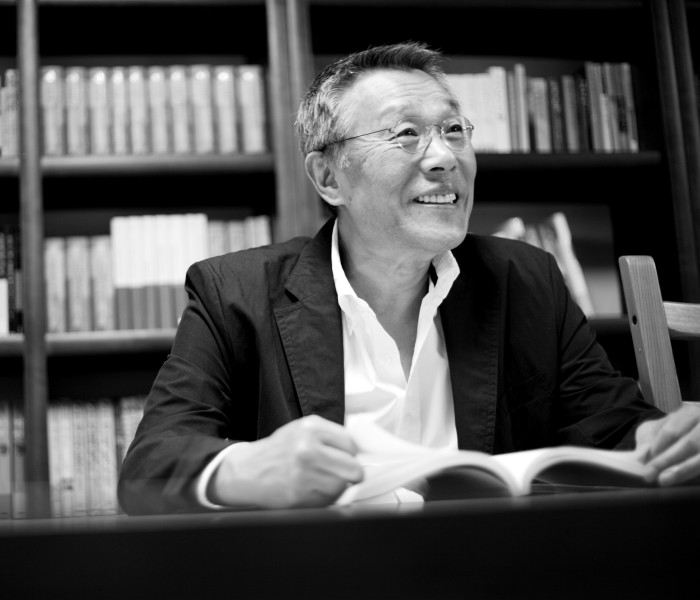Princess Bari is about a North Korean girl who loses her family when young, crosses the border, wanders all over China, crosses the ocean to reach London, and eventually meets and marries a Muslim man.
I put this story line into the form and plot of the ancient Korean shamanist myth Princess Bari. Many myths or legendary tales from all over the world contain the moment when reality turns into surreality. Surreality is the metaphor or distortion of reality, like in a dream. Fantasy, a shadow of reality, not only functions as an artistic technique, but also enables us to capture reality more profoundly than anything logical does. The scene where Old Lady Bari the Mother of shamans appears was borrowed from a dream I had when I was writing this book in Paris.
The story of Princess Bari is handed down by word of mouth in Siberia, Northern Manchuria and all over the Korean Peninsula. In this shamanist epic, the protagonist goes to the world of the dead for the salvation of mankind (like Orpheus of Greece and Odin of Northern Europe). Princess Bari was born with the destiny of going to the end of the world of the dead to get the waters of life to save the world from deadly disease. Shamans regard the story of Princess Bari as their archetype myth and Old Lady Bari as their ancestor. But they don't know why the story is inserted as a part of all of their rituals. I guess it is because a shaman sets herself up as a 'distressed healer who heals the distressed' or 'troubled settler who settles the troubled' by reciting the story of Princess Bari's distresses and troubles. It is the oral tradition of Bari that enabled shamanism to survive in the Korean Peninsula where external religions and cultures have consistently made considerable inroads.
Princess Bari has a 'theme of movement' which is a new phenomenon for me. I wanted to look at whether the peace and harmony of the pluralistic world could overcome the ideology of disparity of cultures, religions, rich, and poor in this new century where wars and conflicts still remain.
The peripheral world, which can't adjust to the new world system, plunges into new disputes and famines, gets lost in the middle of worldwide polarization. And North Korea is one of them. According to the U.N., the number of people starving to death peaked in the mid ‘90s at over 3 million, due to severe famine which had lasted for more than 10 years since the fall of Eastern Europe. Such tragedy happened just as South Korea was enjoying its prosperity and affluence. I have often blamed the North Korean regime for its irresponsibility, and criticised the hypocrisy of the human-rights logic of the Great Powers who have manipulated the divided state of the Korean Peninsula. The acute situation of North Korea was neglected due to the ideological and strategic attempts to induce the fall of the North Korean regime, which is unrealistic, and is taken advantage of only to propagandize the dishumanitarian aspects of the regime. I regard North Korean refugees as the shadow of the Neoliberal World. Other parts of the peripheral world suffer from similar disasters.
Most people have seen a group of migratory birds flying away to somewhere when the season changes. The birds fly in a group, and land on branches of trees that have grown to similar heights, or on the cables bridging the electric poles lined at regular intervals. When a larger group of birds comes near, a commotion occurs. Then the former group of birds moves aside to give room to those newcomers, or they rise in the air all at once. Without flying away to other places, they swirl around in the air along with the new group of birds, rearranging the rank, and then all of them land to sit together at proper intervals.
If someone asked me what the world looks like, I would say that it is like a group of birds rising and spinning around in the air, and I hope my writing will help the birds land again.

